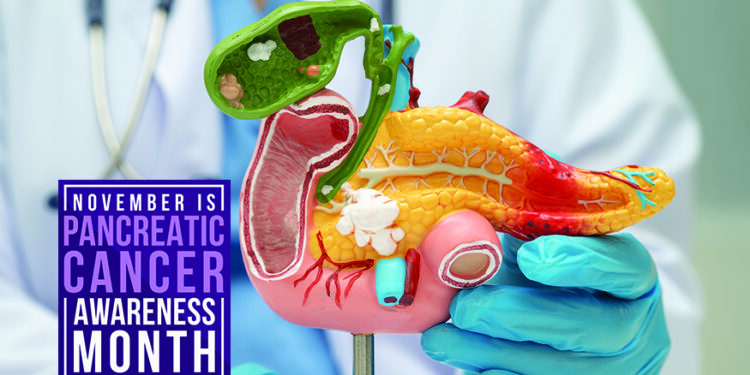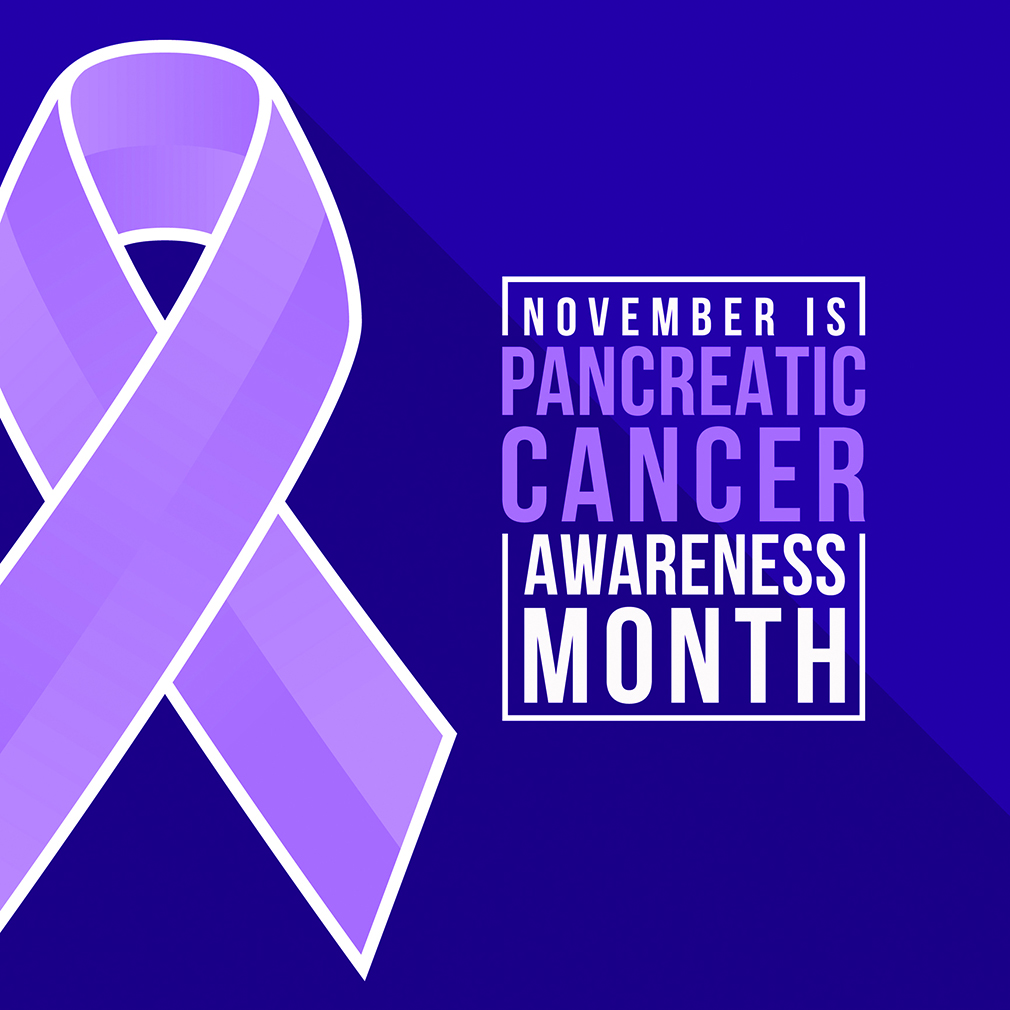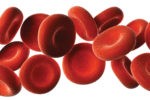Pancreatic Cancer Awareness: Looking Ahead with Hope

By Fatima Zelada Arenas, MA Senior Director, Patient Services, Pancreatic Cancer Action Network (PanCAN)
Pancreatic cancer remains one of the toughest cancers we face. In 2025, more than 67,000 Americans are expected to be diagnosed, and sadly, over 51,000 will lose their lives. It is now the third-leading cause of cancer death in the U.S. and is projected to move up to second in the coming years. Today, only 13 percent of people live five years or longer after diagnosis. These numbers are daunting, but they are not the whole story. Thanks to research, awareness, and the strength of patients and families, there is real progress and real hope.
Understanding Pancreatic Cancer
The pancreas is a small organ tucked deep in the abdomen. It helps digest food and controls blood sugar. Pancreatic cancer happens when cells in the pancreas grow out of control and form a tumor. One of the greatest challenges is that symptoms such as abdominal pain, unexplained weight loss, or changes in digestion can be vague and easy to dismiss. Because of this, the disease is often found at a late stage.
“No one knows your body better than you. If something doesn’t feel right, don’t ignore it. Talk to your doctor and keep pushing for answers. At PanCAN, we’re working every day to make sure earlier detection, and better treatments become the norm, not the exception,” said PanCAN Chief Scientific and Medical Officer Anna Berkenblit, MD, MMSc.
Signs of Progress: Early Detection
There is currently no standard screening test for pancreatic cancer like there is for breast, colon, or cervical cancer. But researchers are working urgently to change that. New blood tests are being studied that look for signals of cancer before symptoms appear. Advances in artificial intelligence (AI) are helping scientists sift through enormous amounts of data to find patterns that might detect pancreatic cancer earlier. And studies like PanCAN’s Early Detection Initiative are exploring connections between new-onset diabetes and pancreatic cancer to help doctors recognize risk sooner.
Personalized Care and New Treatments
Another area of progress is precision medicine – treatments tailored to a person’s individual biology rather than a one-size-fits-all approach. This starts with genetic and biomarker testing, which can reveal whether a tumor has changes that make it more likely to respond to certain drugs, including targeted therapies or immunotherapies.
Through PanCAN’s Know Your Tumor® service, patients can access this testing at no cost. For some, this information has already led to new options and better outcomes. Clinical trials are also bringing hope, with promising drugs such as new KRAS inhibitors that are showing signs of extending survival.
How You Can Help
While researchers push forward, everyone can play a role:
- Know the symptoms: abdominal or back pain, unexplained weight loss, jaundice (yellowing skin/eyes), loss of appetite, nausea, changes in stool, or new-onset diabetes.
- Know your risk: family history of pancreatic cancer or certain inherited genetic mutations can raise risk. Risk factors also include smoking, obesity, pancreatitis (an inflammation of the pancreas), older age and race.
- Take action: if something feels off, talk to your doctor and advocate for yourself.

Moving Forward Together
This November, during Pancreatic Cancer Awareness Month, we honor the lives we’ve lost, uplift survivors, and stand with everyone impacted by this disease. We also look ahead with determination supporting research, advancing early detection, and spreading awareness of symptoms and risk factors. Progress is happening, but we need everyone’s voice to keep moving forward.
If you or anyone you know has been impacted by pancreatic cancer, call PanCAN Patient Services at (877) 272-6226 for free, personalized support. To learn more, visit pancan.org. Together, we can spread awareness about this disease, celebrate progress and inspire hope.





